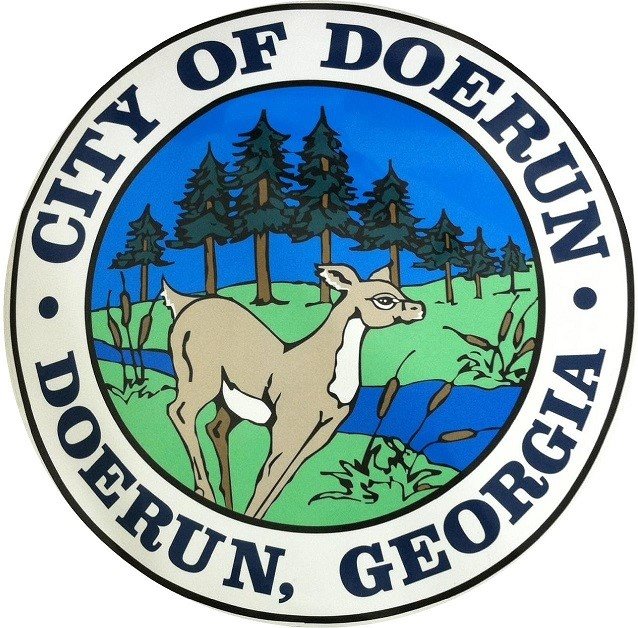Vietnam: Land of communist capitalism
Published 10:35 pm Saturday, September 20, 2008
When Ho Chi Minh’s battalions swept into Saigon 33 years ago to establish a reunited Vietnam, the communist conquerors made one critical miscalculation: Military victory would make life better for the war-weary nation.
Instead, economic conditions worsened, starvation spread across the entire country, and national sacrifice became the common denominator that defined a long and dark post-war period for the north and the south.
“We struggled through very lean years after the Americans left,” remembers Nguyen Ngoc, son of a decorated North Vietnamese army officer. “The government issued food rations. A bowl of rice had to last a week; shreds of meat a month’s time. You killed a chicken without a sound so you didn’t have to share it with your neighbors.”
Certainly not the socialist dream “Uncle Ho” talked about before dying of a heart attack in 1969 and which his followers strived to fulfill with tight government control over business and commerce upon winning the war in his stead.
Free-market wheeling and dealing, prevalent in South Vietnam during the French and American presence, bid a hasty retreat, crushed by the communist credo of one-for-all and all-for-one. Individual and corporate investment withered.
Until the 1990s, that is. That’s when Vietnam fully embraced the Chinese model of open-market capitalism while clinging to a strict communist political system. Despair turned to daring. Even those Vietnamese who fled the country — known as Viet Kieu — were invited to invest in the homeland. And they did — at the current rate of $7 billion a year, according to government figures.
Today, Vietnam is still one of the world’s impoverished nations, but a recent two-week vacation there, including eight days on a motorcycle down remnants of the renowned Ho Chi Minh Trail, provided evidence the country is clear-eyed about opening its doors to the world.
“We will never be as rich as you Americans,” said Ngoc. “But we’re now enjoying a better life. We can own property, start businesses, make good money. We have rice, coffee, tea, rubber and oil” — significant exports that fuel free-market reforms that, in turn, spawn English-language newspapers, magazines and television programs. None, of course, enjoy press freedom as we know it. They do, however, aggressively report crime, corruption and catastrophes. And they did not appear to sugar-coat the country’s economic challenges.
“It is true the communists have ultimate control over the news media,” said Ngoc. “But it is not in the interest of the communists or Vietnam to black out the news of things that everybody knows about anyway through the Internet.”
Ngoc, who served as chief guide and interpreter for the motorcycle adventure, is an example of the new Vietnam, second only to China in economic growth in Asia since 2002.
At 34, he has no personal memory of the war that killed 3 million Vietnamese soldiers and civilians as well as nearly 60,000 American military fighting on behalf of the South Vietnamese. College educated and fluent in French and English as well as Vietnamese, he reads and listens to the news in all three languages, residing with his wife and 3-year-old daughter in a modest home in Hanoi. He’s considered a tourism expert, serves as a consultant to travel agencies and is the proud owner of a start-up company (Vietnamontrails.com) that specializes in customized motorcycle tours.
Ngoc loves Vietnam, reveres Ho Chi Minh as the George Washington of his country, lives to ride a motorcycle and raves about the scenic beauty of his native northern landscape. He is not, however, a member of the Vietnamese Communist Party.
Two-thirds of Vietnam’s 85 million people were, like Ngoc, born after American combat ended in 1973. They are reminded of the bloody clash by their elders, monuments and museums — all of which tout victory over “American imperialism.” But the war does not grip the Vietnamese psyche the way it weighs on the American mind.
Furthermore, the country’s communist leaders no longer insist on command and control of everyday life. People are encouraged to show initiative and get ahead. Ngoc estimated there are only about 3 million card-carrying communists.
“You join the party if you want a career in politics or government,” said Ngoc. “Otherwise, there’s no need to belong. As a nation we are comfortable with the arrangement. We all want a prosperous Vietnam.”
n
William B. Ketter is vice president of news for Community Newspaper Holdings Inc., a news company based in Birmingham, Ala., that owns 89 daily newspapers. Contact him at wketter@cnhi.com.





